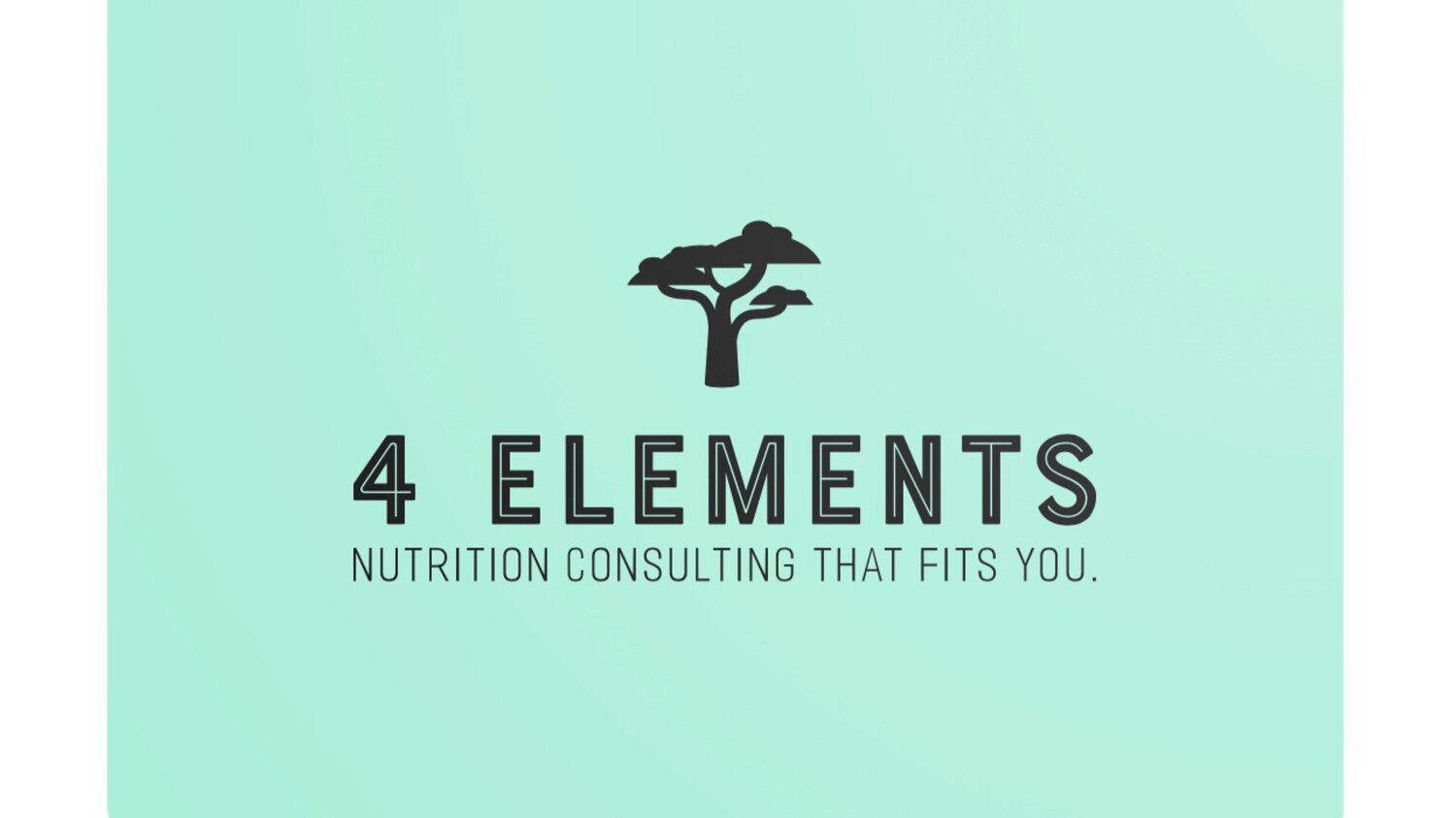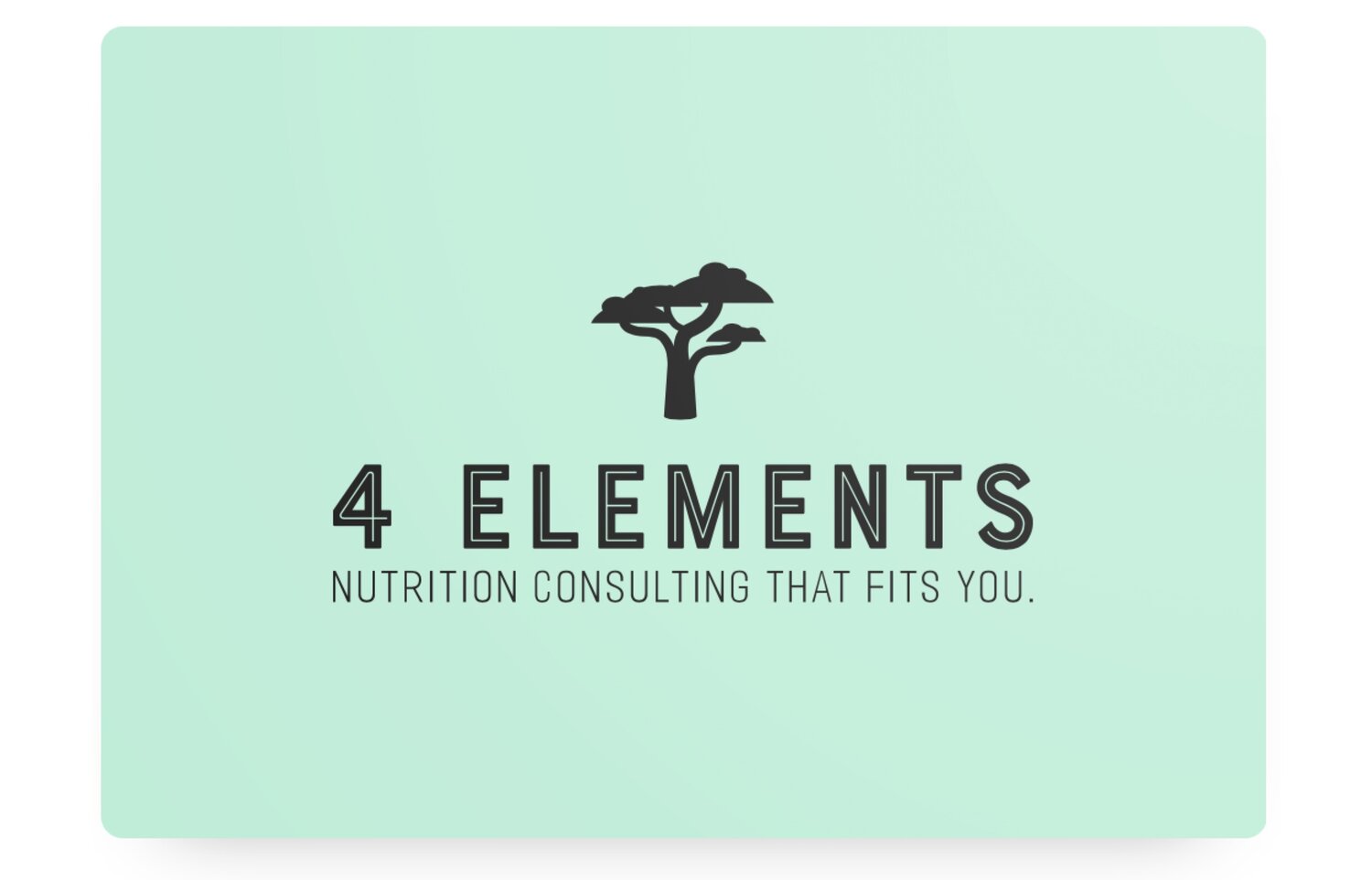
Frequently Asked Questions
What is a dietitian?
A dietitian is different than a nutritionist. Dietitians are university-educated, have completed a practicum in a healthcare setting, and receive a professional designation of registered dietitian (RD). Because dietitians receive specialized training and are governed by a professional college, they are the trusted source of nutrition information.
How can a dietitian help me?
Dietitians combine knowledge of health conditions, laboratory results, and your lifestyle habits to help assess your specific and unique nutrition needs. They also act as a support person and trusted source of nutrition information as you move along your health care journey.
Do I have to pay for dietitian services?
If you have been referred by your family doctor, you will need to pay for dietitian services. Some private insurance plans cover the cost of dietitian services, so make sure you check with your insurance provider first.
If you have diabetes, heart disease, or kidney disease, for example, you may be referred to a hospital-based or community program where dietitian services are included. In this case, you do not need to pay.
How many sessions do I need with a dietitian, and do you offer packages?
Some dietitians offer packages, while others offer different program types. In my case, I like to tailor the options to specific client goals, however, I believe those clients who seek 3-4 follow up sessions after their initial session will see the best results.
How do I get started?
Please click on the button below to book a 10-15 minute introductory call with me, so that I can learn more about your health goals and help you get started on your nutrition journey.
Can you help with other referrals?
Yes, if you need physical therapy services, I recommend Teamworks Health Clinic. If you require psychological counseling services, I recommend Saba Hessamian, RTC.

